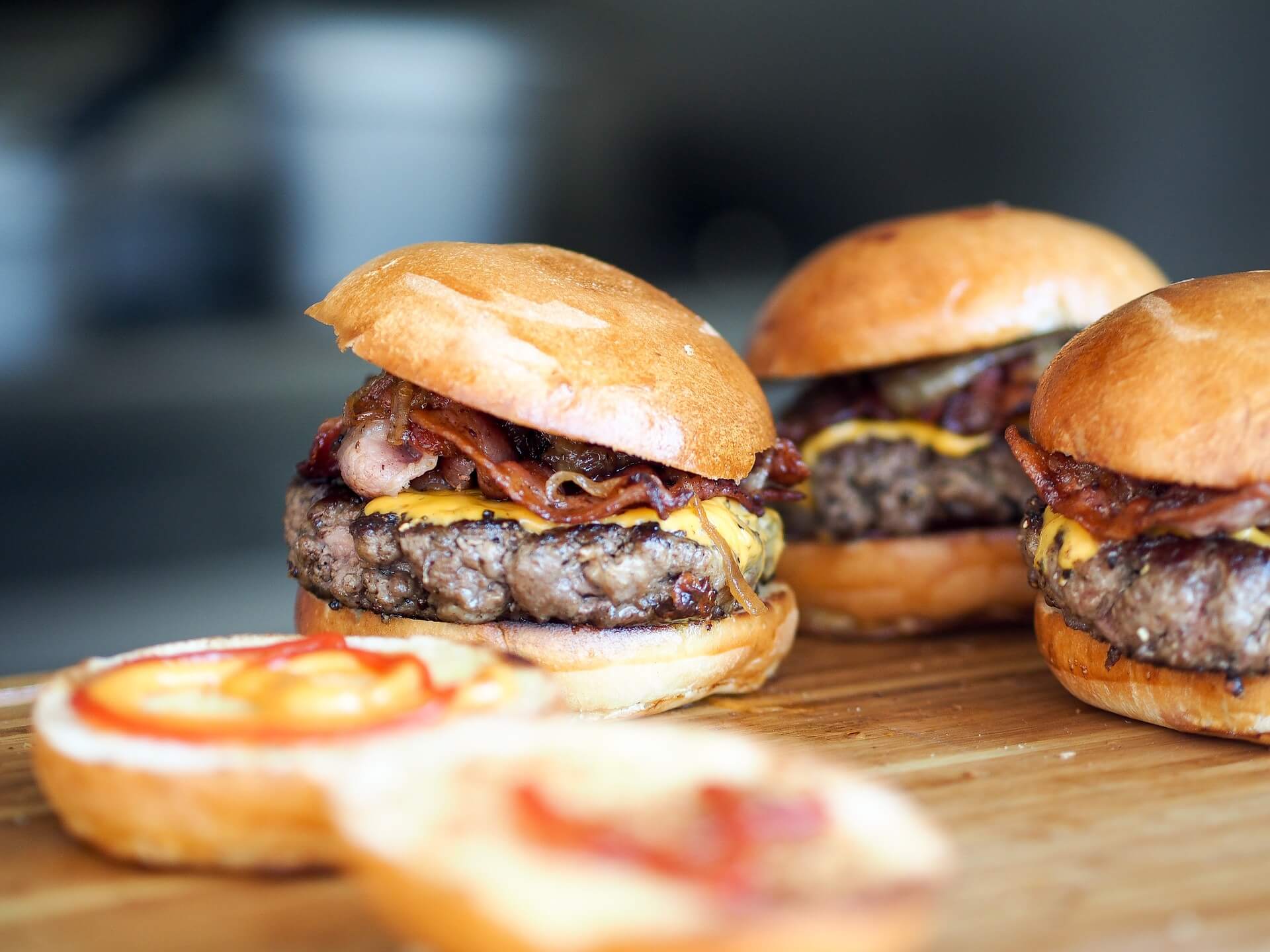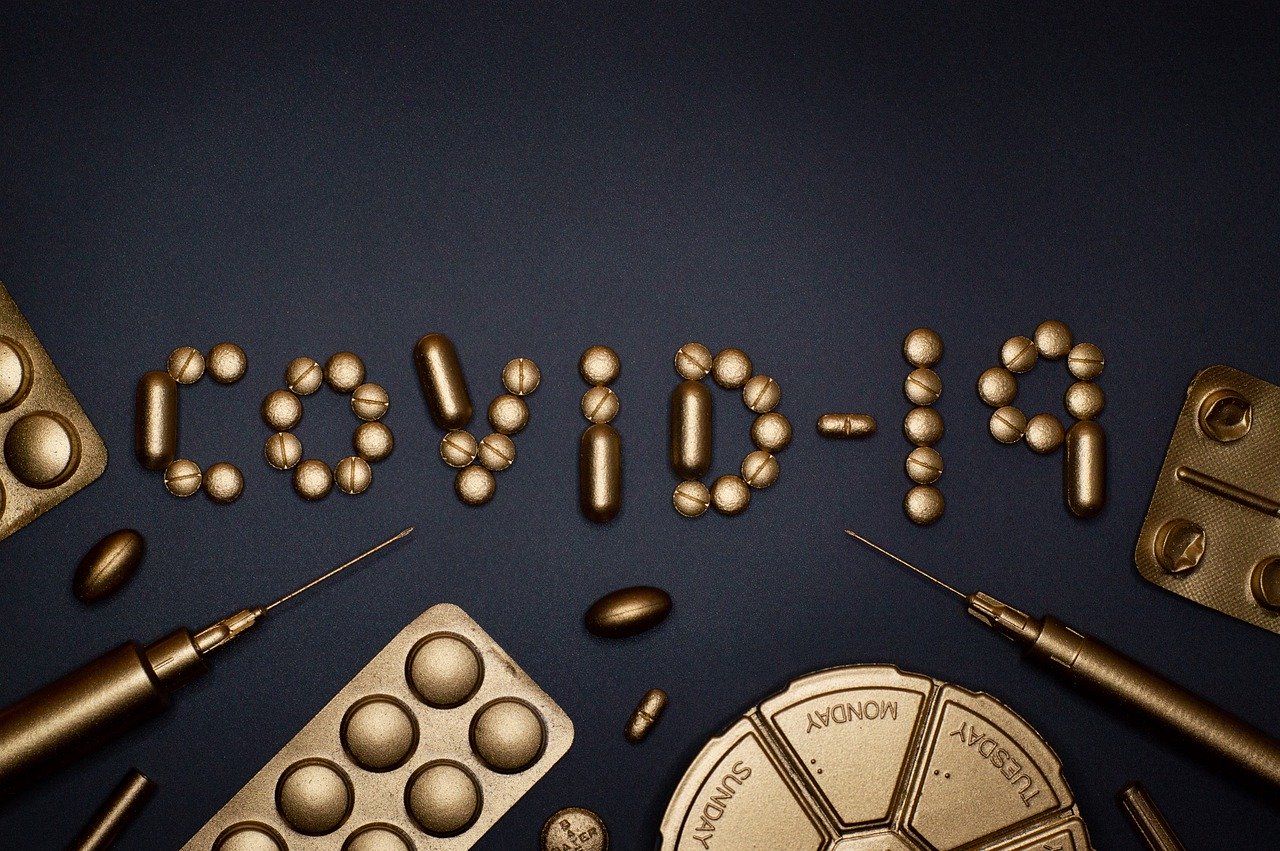In the US today, about 93 million adults over the age of 20 have high cholesterol, also known as hypertension. These staggering numbers have a lot to do with poor diet. For many, unhealthy fast food is the most realistic choice for on-the-go eating.
Diet and exercise have some of the most significant impacts on high cholesterol next to doctor-prescribed medication. There are tons of foods that are good for lowering cholesterol, which can be incorporated into one’s diet. Here are 8 foods that can influence high cholesterol. Take note so that you stay away from these foods when dieting to lower your cholesterol.
Processed Meats
Many processed meats contain chemicals, fatty tissue, tendon, and other cuts of meat that raise LDL, or “bad” cholesterol levels.
Processed meats that can raise cholesterol levels include:
- Deli meats
- Bacon
- Sausages
- Jerky
- Ham
- Hot dogs
- Smoked meats
- Canned meats
Eating processed meat is associated with many elevated health risks. Studies have shown that people who eat high amounts of processed meat are also likely to eat fewer vegetables or smoke cigarettes. It is unknown if eating processed meats causes health risks alone.
What is known is that processed meats are associated with increasing the risk of many heart-related chronic illnesses, such as hypertension, heart disease, and COPD.
Sodium nitrite is one of the main culprits in processed meats that are related to bad health. Nitrites are added to processed meats to keep the color vibrant, suppress rancidification, and prevent the growth of bacteria. However, their usage in meat is linked to not only high cholesterol but also certain types of cancers in the stomach and rectum.
White Bread and Pasta
You may have heard that white bread is one of the least nutritious foods out there. While whole grains are recommended for lowering cholesterol, refined processed grains are not. Refined carbohydrates, such as white bread, pasta, and flour tortillas can negatively affect your HDL “good” cholesterol.
Carbohydrates are refined when the whole wheat germ is processed in any way. Usually, the grains are milled, removing the bran and germ from the grain. What is left is processed into white flour and holds little to no nutritional value. This is why whole grains are recommended over refined; you are eating the entirety of the grain with all of its vitamins and minerals.
Because white bread is so refined, it will make you feel hungrier faster and boost your blood sugar levels. Whole grains keep you fuller for a longer amount of time while adding fiber and vitamins to your diet. They also do not raise blood sugar levels as white bread does.
Instead of reaching for white bread or pasta, try some natural, whole grain varieties. Whole-grain bread has great texture and chew, especially if you reach for varieties with seeds and nuts. Whole grain pasta varieties also have a nuttier flavor with an excellent mouthfeel.
Fatty Red Meats
Most low-cholesterol or heart-healthy diets do not incorporate red meat into a meal plan. Many diets say to limit meat consumption to poultry and seafood. Red meat is linked to high cholesterol levels and is high in saturated fat when compared to white meat.
Heart-health researchers and professionals recommend limiting the following red meats:
- Fatty marbled beef or steak
- Pork
- Veal
- Lamb
- Goat
Some diets, such as the Mediterranean diet, recommend limiting red meat intake to once per week at most. Others recommend cutting it out completely in the name of lowering LDL cholesterol. Be sure to talk to your doctor about changing your diet before cutting out all red meat.
Alcohol
Cholesterol is made within the liver. Our bodies make all of the cholesterol that we need, to it is not something we need to gain from our diets. Since alcohol is also processed in the liver, some people will need to cut alcohol out of their diets to promote healthy cholesterol.
Beer, wine, and liquor does not contain cholesterol in their pure form. What does matter is what you are mixing with your booze, and how often you are consuming it. For example, if you are mixing hard liquor with soda or sugary juices, the mixer could be raising your cholesterol and blood sugar levels.
Carbohydrates, sugar, and alcohol can raise triglycerides in the blood. However, you are more likely to see negative effects on your health based on how frequently you are drinking. The NIH defines moderate drinking as:
- 1 drink per day for women
- 2 drinks per day for men
Studies show that moderate drinking can positively impact your cholesterol, however, more research is needed. Drinking any more than the above-recommended amount can severely impact both your triglycerides and LDL cholesterol negatively.
Hydrogenated Oils
Hydrogenated oils contain trans fats which are linked to high cholesterol and other health risks. They not only raise cholesterol but also increase the risk for heart disease and increase inflammation. They are made when manufacturers add liquid hydrogen to fats, allowing them to turn into solid fat when at room temperature.
In 2015, the FDA deemed partially hydrogenated oils as not safe and required them to be phased out of processed foods by 2018. Still, trans fat may be found in other foods as a naturally occurring substance. Some cattle products naturally contain trans fat, hence why red meat is not considered a cholesterol-friendly food.
Unlike partially hydrogenated oils, fully hydrogenated oils are still FDA-approved for consumption. While they are not banned, they are not considered healthy, either. It is recommended that you swap hydrogenated oils for natural olive oil, coconut oil, or avocado oil.
Deep-Fried Foods
Since consuming excess oil is not considered healthy, all deep-fried foods should be left behind when attempting to lower your cholesterol. Fried foods are loaded with extra calories and trans fats and are therefore very high in cholesterol. Also, avoid them because they can increase your risk of developing heart disease. Fried foods should be avoided whenever possible on a low-cholesterol diet.
Fast Foods
Numerous chronic illnesses can develop thanks to a diet heavy in fast food. Fast foods contain high calories and sodium with little nutritional value. They are associated with a heightened risk of developing heart disease, obesity, and diabetes. Consuming a diet of mostly fast food can also impede blood sugar regulation.
Eating more homecooked meals is associated with a lower risk of heart disease, obesity, and diabetes. If your doctor finds that your LDL cholesterol is high, avoid the drive-thru at all costs. We don’t know exactly what chemicals are inside fast food, but we can trust the healthy ingredients that you add to your home cooking.
Refined Sugars
Foods high in added sugar are the ones to avoid for those with high cholesterol. Naturally-occurring sugars in fruits are completely healthy and are a necessary addition to a well-balanced diet.
Foods with high amounts of added sugar include:
- Candy
- Cookies
- Cakes
- Bakery sweets
- Store-bought juice
- Granola bars
- Soda
High sugar consumption decreases the “good” HDL cholesterol in the body. It also can raise triglycerides, which can eventually lead to heart disease. If you are in the mood for sweets but are on a heart-healthy diet, keep healthy fruit and pure dark chocolate in the pantry to curb cravings and also treat yourself. Both are healthy and promote healthy cholesterol levels.
Conclusion
If you have been diagnosed with high cholesterol, there are quite a few foods to avoid to keep a healthy body. Many processed and artificial foods keep our cholesterol levels high while also raising the risk for other chronic illnesses, such as diabetes and heart disease. By following a heart-healthy diet, such as the Dash diet, you can lower your cholesterol and increase your quality of life.




